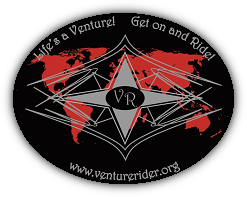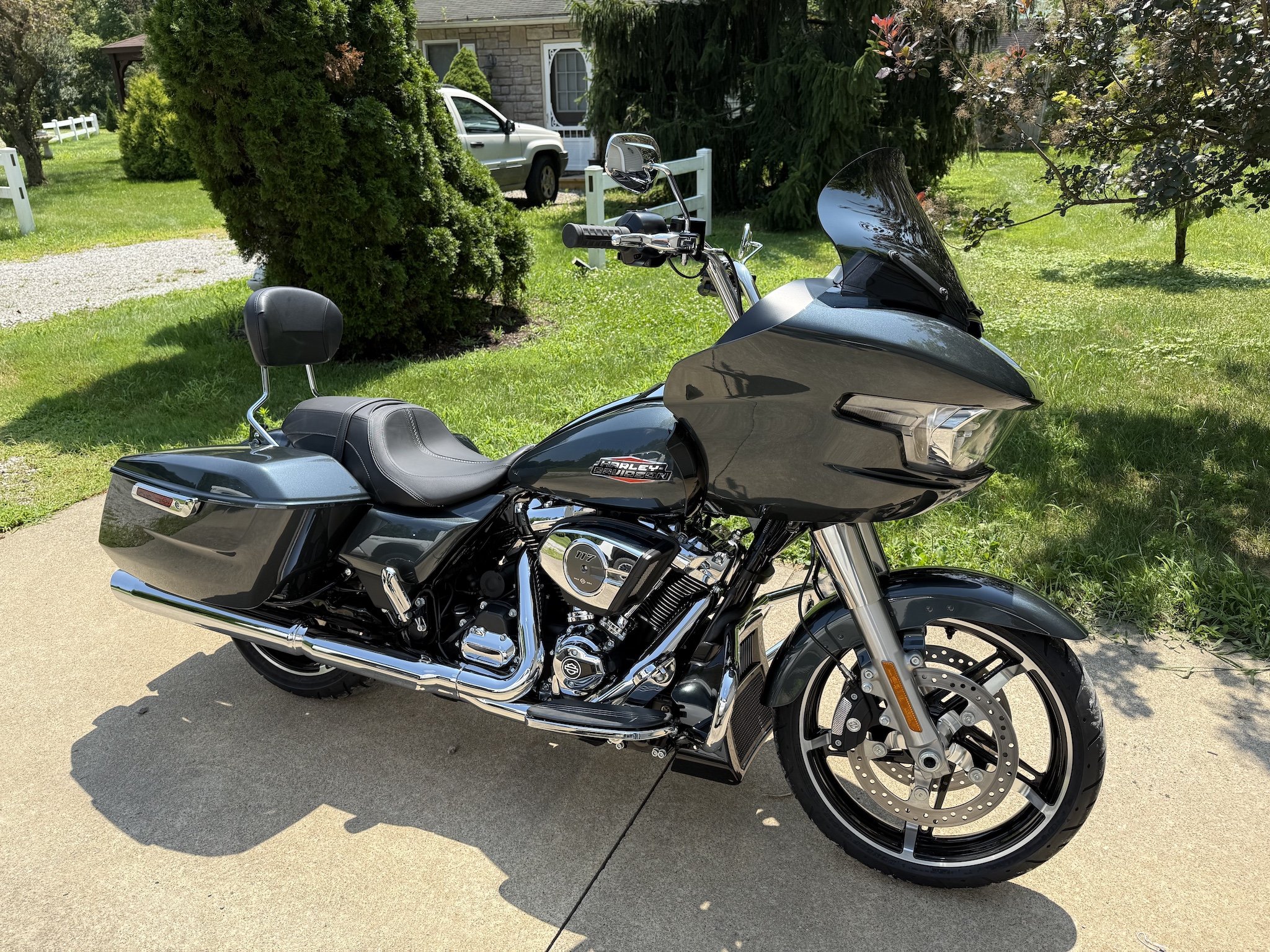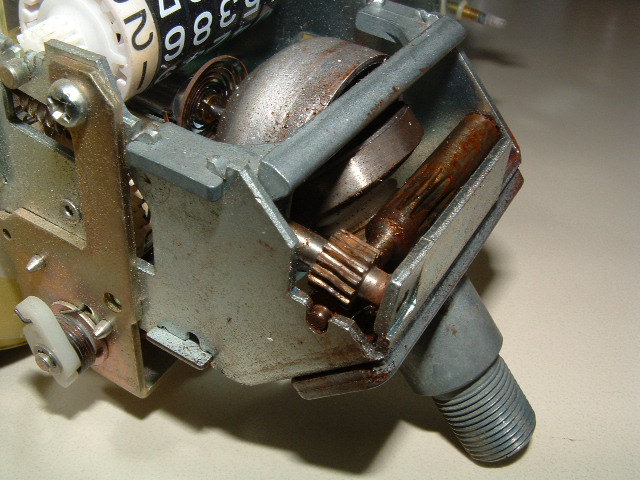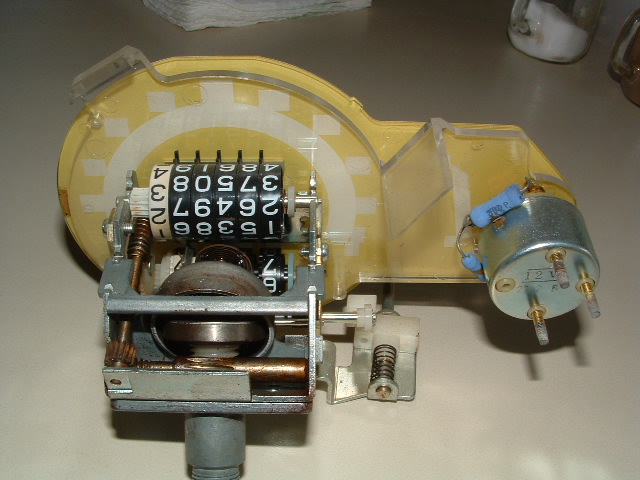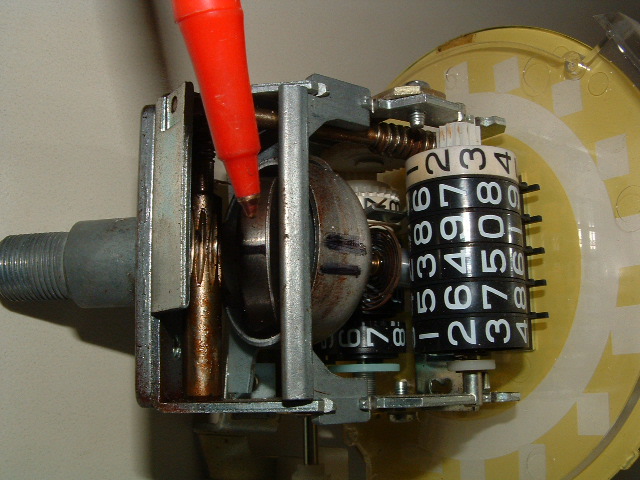-
Posts
18,115 -
Joined
-
Last visited
-
Days Won
243
Content Type
Profiles
Forums
Gallery
Events
Store
Everything posted by Freebird
-
I've never used it but have read good reports. I assume you tried the article in the tech library about making your own? That is how you messed yours up I guess.
-
You didn't hurt a thing. Now WIND those bikes out folks...these V4s like to rev. Wrap em up and then report back.
- 16 replies
-
- ajustment
- hydraulicman
-
(and 3 more)
Tagged with:
-
It is absolutely safe. 5th is a true overdrive. These bikes will actually produce a higher top end speed in 4th than 5th. I've downshifted to 4th at over 100 MPH.
- 16 replies
-
- ajustment
- hydraulicman
-
(and 3 more)
Tagged with:
-
No...that is not normal. Now it is possible that you are lugging the engine. These engines really like to rev and 5th gear is a true overdrive. If you are attempting quick acceleration at those speeds while in 5th gear, that could be the problem. Otherwise, I would get it back to the dealer and have it checked.
- 16 replies
-
- ajustment
- hydraulicman
-
(and 3 more)
Tagged with:
-
Are you sure you didn't run through something? Road tar, etc? I don't know how much grease you are seeing but those little bearings only hold so much. Of course....it can look like a LOT when thrown out. I really don't know how to answer your question without seeing it. If it really is grease from the bearings though, I wouldn't try to use it until I got it repaired.
-
I've seen the ads on TV and have often done the research online. Every one of them....EVERY SINGLE ONE that I've ever researched have proven to be useless.
-

Rear Shock Air Pressure
Freebird replied to a topic in Royal Star and Royal Star Tour Deluxe Tech Talk
I too have the leveling links. With them I run about 35 lbs. regardless of solo or two up. -
Yes...works great. We gave away a bunch of it that Seafoam donated at one of our VentureIns a couple of years ago. Good stuff.
-
I've never used those but they look pretty good. It's been a LONG time ago that I used a helicoil either so I really don't know which would be the better choice.
-
Thanks to GeorgeS for this excellent article. NOTE: These pictures give you a good overview of the workings of the speedometer. You do not necessarily have to tear yours down to this extent to lubricate it. 1ST Gen Speedometer Photos I just read thru this thread, and just happen to have a , spare 1St Gen, Speedo in the cabinet , Right Here, at my the computer station: ( And a Camera !!! ) So, I took some photo's, that might be helpful to those who have the noise, and have not had the speedo removed. The Idea of blowing light lubricant up the cable housing caught my attention!! So I took these photo's this will show where the Lubricant is needed, Left to right: ---1st photo, shows frontal view of unit: ---2nd photo, shows rear view of unit: ---3rd photo, shows left side view, you can see the shafts driving Odometer: ---4th photo, shows the Point Where Lubrication is needed !!!! So, if you blow a light oil up through the cable Sheathing with the cable remove, useing compressed air, the Lubricant would get to where the Red Pen Is pointing, and where its needed. ---5th photo, With Red Pen, Indicating the Rotating Magnet ( I put one black line for identification ) ( at least I think its a magnet ) This rotates at the speed of the Input mechanical cable. ---- 6th Photo: Pointing to the Outer Pickup, this Only Moves as many Degrees Of Rotation, as the Indicator Needle moves. ( So this could not be the source of the loud noise ) ( This is marked with Two Black marker lines, in the 5th photo for identification ) Also, for those with 1st Gens that have never lubed their Speedo, Simply Remove the headlight assembly, you can reach up and Remove the Outer Speedo Cable Sheeth, from the threads shown in my photo's and with a long tipped Oil can, or WD-40 can its very Easy to apply some lubrication to this point. Anyway, after examining my spare unit, I can't see anything else that could cause the Loud Screech, would Almost have to be coming from this point. Unless its the cable itself. As to the speedo cable itself, I use heavy grease on mine, and Also shoot WD-40 with the grease, and lube it often, usually every year, whether it needs it or not.
-
Yes...that will do away with the noise. Heck...who really needs to actually STOP anyway.
- 12 replies
-
- brakes
- confused24
-
(and 3 more)
Tagged with:
-
WOW....now THAT is some good information. I'm pretty sure that it's not the same on the RSV though. I think they are the same any way that you turn them. Great catch on your part.
-
Yes...it's pretty normal. Some folks have actually chamfered the front edge of the pads and said that it got rid of it. Mine eventually went away on its own for the most part. I still here is every now and then.
- 12 replies
-
- brakes
- confused24
-
(and 3 more)
Tagged with:
-
The short answer is no. It will prevent any back feed from other circuits but will not protect your bike if there is a short circuit on the trailer.
-
That is their better lift and will work great. You DO need some adapters though. Either some on your own or get Carbon One's adapter. I highly recommend his.
-

Where to place bike jack?
Freebird replied to Jethroish's topic in Royal Star and Royal Star Tour Deluxe Tech Talk
No...it is a one person job. Just roll the lift under the bike with the bike on the side stand. You insert it from the right side of the bike so the bike is leaning away from you. I hold the handlebar and the passenger grab rail when I start lifting the bike just to steady it. As you jack it up, the bike will straighten up and sit on the jack. Very easy. -

Where to place bike jack?
Freebird replied to Jethroish's topic in Royal Star and Royal Star Tour Deluxe Tech Talk
Here is the ultimate solution. Larry makes a great product and anybody who owns and RSV should have one of these. http://www.venturerider.org/classifieds/showproduct.php?product=69&cat=7 In the meantime, you would need to makes some spacers to sit between the stand and your frame. Some folks have used wood, some have used hockey pucks. -

seat suggestions,please...
Freebird replied to f6ryder's topic in Royal Star and Royal Star Tour Deluxe Tech Talk
I've never tried them. I did try putting gel inserts in a stock seat one time and just wasn't impressed with it. -

Leveling link install
Freebird replied to Jethroish's topic in Royal Star and Royal Star Tour Deluxe Tech Talk
I bought a new lift at Sears a couple of weeks ago. They were on sale for $69.95. May still be. -
Another thing you could do. Just run the rear tire up on a 2 x 5 board. That will give you about the lift you are talking about and then check the stand.
-
On my RSV....it has not had any major effect. You have to realize that the 1" lift is measured at the back...probably only half that or less at the mid point where the stand is located. It has made no difference at all on my bike.
-

exhaust popping
Freebird replied to foundryratjim's topic in Royal Star and Royal Star Tour Deluxe Tech Talk
Both....they are bike specific but programmable for the rev limiter and timing advance. -
I've read this several times here and have just let it go but I just have to finally speak up. This is simply NOT true. Mobil 1 is indeed a true synthetic. True synthetics use a Polyalphaolefin base and NOT a highly refined crude base. Castrol does us a highly refined crude base. There was actually a law suit where Mobil 1 sued Castrol for calling their oil a full synthetic but Castrol convinced the courts that their oil was highly refined to the point of being able to call it a full synthetic. Amsoil is ALSO built on a base of Polyalphaolefin. Mobil 1 did NOT change from this after the lawsuit...that is a rumor started but is completely false. Amsoil is a good oil and I'm not knocking it but many of their reps over the years have spread this false rumor that they are the only true synthetic and actually there are several. Mobil 1 is just one of them. The following information comes not only from Mobil's own site but from several other sources as well. It is what the American Petroleum Institute calls a "class 4" oil. Also....if you look at Amsoils site and the studies that they publish...the are just barely ahead of Mobil 1 in every category...and that is their OWN biased studies and reports. Mobil 1 is a fully synthetic motor oil for automotive engines. It is made from a unique combination of high-performance fluids, including polyalphaolefin (PAO), plus the SuperSyn™ anti-wear system for protection under the most extreme use. Mobil 1 with SuperSyn™ is available in five viscosity grades: I don't care what anybody uses...it's a personal decision. I'll stick with Mobil 1 because it has proven itself to me in quiet performance, smooth shifting, etc. The added benefit is that I can find it most anywhere.
- 34 replies
-
- automotive
- motorcycle
-
(and 3 more)
Tagged with:
